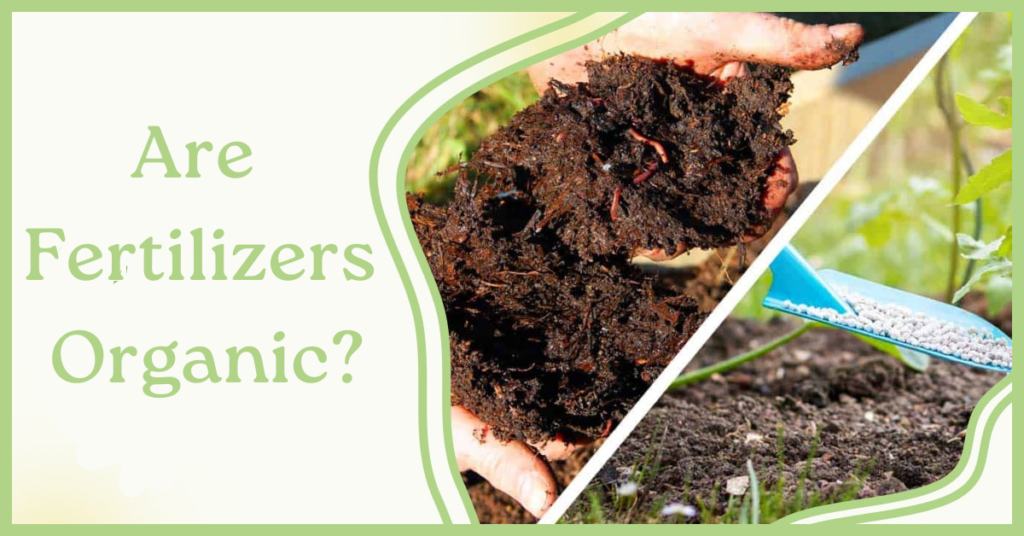“Are Fertilizers Acidic or Basic”
“Are fertilizers acidic or basic? This common question often perplexes gardeners and farmers alike. Understanding the pH of fertilizers is pivotal for cultivating healthy plants and optimizing yields. Before we delve into the intricate relationship between fertilizers and pH, let’s clarify some fundamental definitions. Acidic substances, with a pH below 7, tend to donate hydrogen ions, while basic substances, with a pH above 7, are characterized by a higher concentration of hydroxide ions. Armed with this knowledge, we can now explore how fertilizers impact soil pH and plant health.”
“Are Fertilizers Acidic or Basic” Read More »









